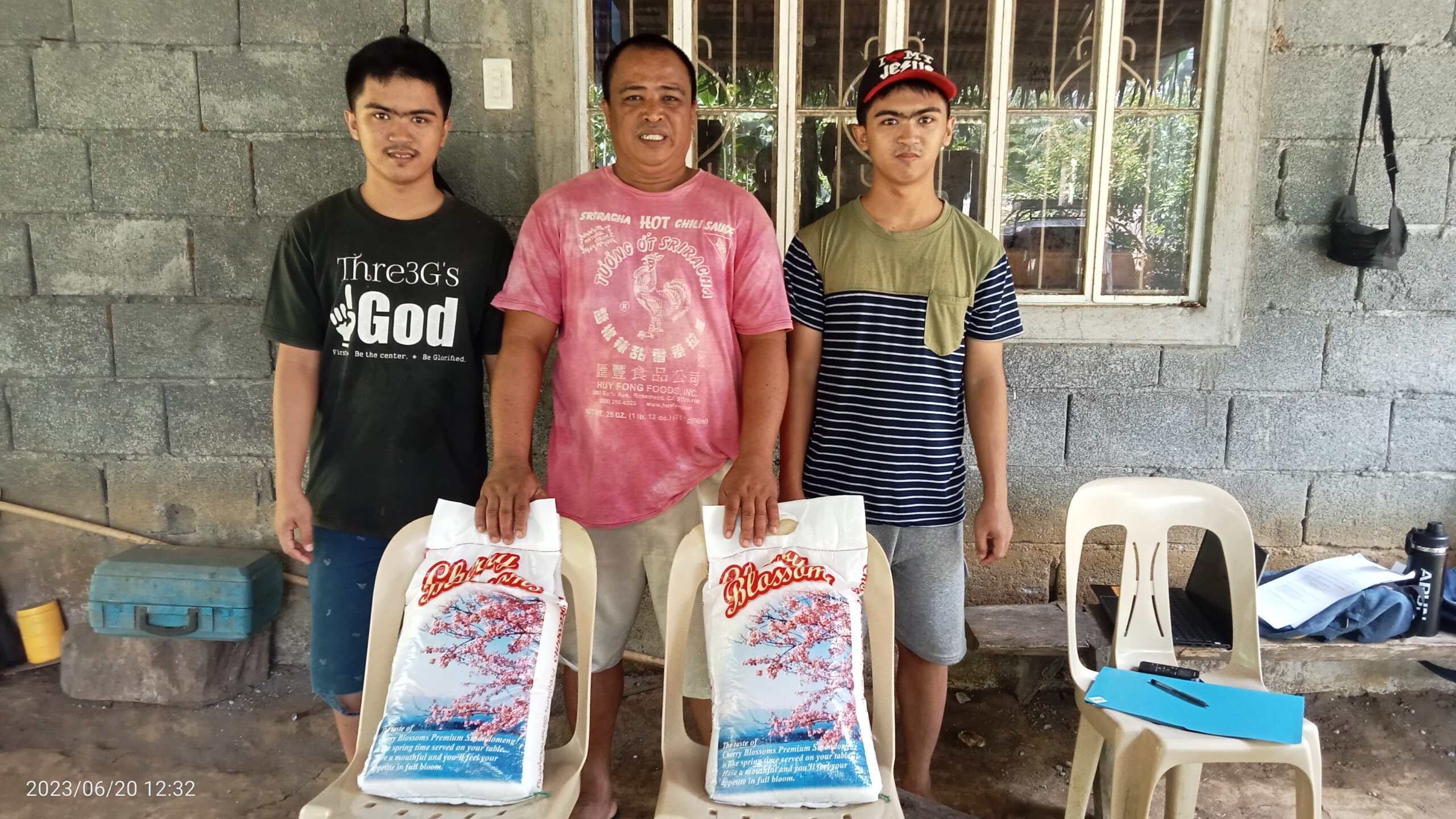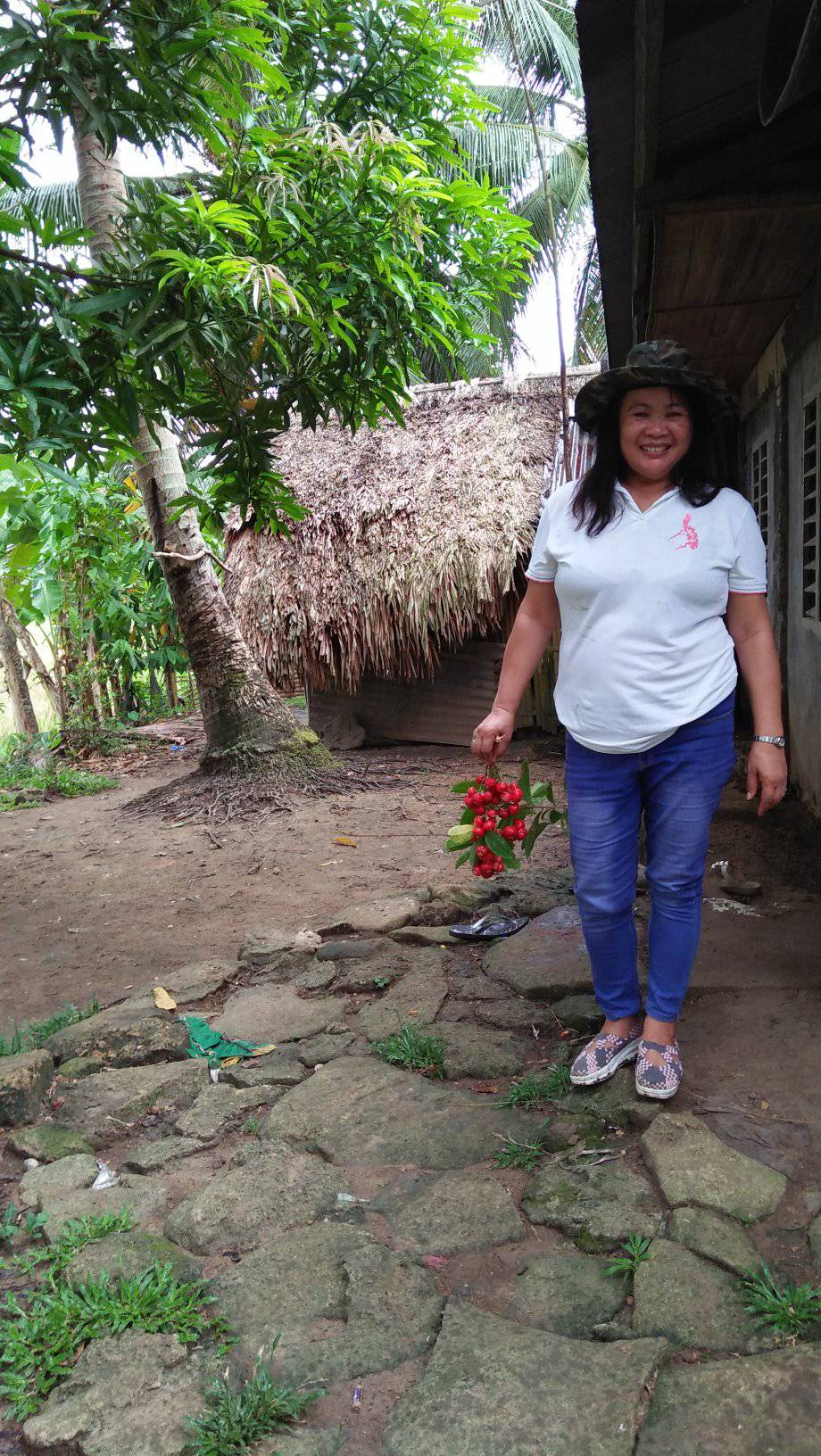How CBM’s Advisory Work in Papua New Guinea is Influencing Faith Based Aid Programs and Churches
Stories | June 24, 2021
How CBM’s Advisory Work in Papua New Guinea is Influencing Faith Based Aid Programs and Churches
CBM estimates that only 7% of people with a disability in PNG are able to attend a church regularly. In PNG society, exclusion from church means exclusion from social connection and support.
To address this issue, CBM’s Inclusion Advisory Group provided advice to a large Australian Aid funded program being implemented by Australian faith-based aid organisations – the Church Partnership Program.
We looked at the ways that churches across Papua New Guinea perceived disability, how people with disability engaged with the church, and how aid agencies working in PNG could better promote inclusion.
CBM trained seven different faith-based agencies on developing step by step plans to make changes to their church programs, so that people with disability are better included.
“This helped shift the thinking in the churches and the community. Our thinking about a woman with a mental illness has shifted – church people used to think ‘she is bewitched by the devil’! But now, their response is ‘she has rights and needs support to uphold her dignity,’ one church program team member told CBM.
“This has been a big thing! It really shook up the churches, and it made organisations like mine really think through their understanding and approaches to inclusion.”
Faith based aid agencies working in PNG are now better coordinated in addressing disability inclusion. There is a consistent shift from viewing disability as a welfare issue to a rights issue. This means that people with disability are seen as valuable contributors in their church, rather than objects of pity. Information we collected fed into the development of a “Theology of Disability”. This now underpins the training of pastors, priests, and field workers.
This approach has been very effective in changing attitudes in church communities and amongst leaders, and is also influencing the churches’ approach to other programs. For example, we see church programs considering disability inclusion in their disaster preparation and response programs. And given the importance of faith across the Pacific, we expect that changes in approach will ripple right across the Pacific.
https://www.cbm.org.au/stories/how-cbms-advisory-work-in-papua-new-guinea-is-influencing-faith-based-aid-programs-and-churches
Related Stories

Rise and Thrive: Building resilient communities through inclusive mental health
As the climate crisis accelerates, communities across the Indo-Pacific...

A Father’s Unconditional Love
Allan is a farmer and father of 21-year-old twin brothers, George and Gerald, who together, live in a remote village in the Bicol region...

Estrella’s journey from patient to mental health advocate
Had you asked Estrella from the Philippines what her future looked like five years...
